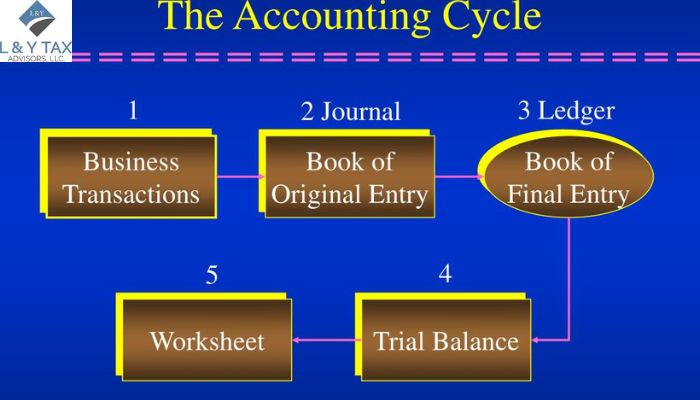
What is an Industry Accountant?
Financial management is a critical pillar in the complicated web of corporate operations. The industrial accountant is one of the major roles in guaranteeing your financial health. But what is an industry accountant, and how does it play a role in streamlining your monetary circumstances?
An industrial accountant is a professional who manages financial records, prepares statements, analyzes financial data, and ensures the provision of tax consulting services for a certain sector or industry. Their responsibilities include a wide range of activities that are designed to satisfy the industry’s specific financial demands and constraints.
Industrial accountants are also referred to as private or corporate accountants. These professionals work only for a single corporation and deal with the internal affairs of the finance department.
Principal Responsibilities of Accountant
The following are the basic responsibilities of a private accountant:
Financial Analysis and Reporting
One of the key responsibilities of an industrial accountant is to collect and evaluate financial data. They provide reports that provide insights into the industry’s financial health, assisting in strategic decision-making.
Regulation and Compliance
It is critical to navigate the intricate web of financial rules and compliance standards. Accountants in the industry guarantee that all financial activities follow regulatory rules, lowering the danger of penalties or legal complications.
Forecasting and Budgeting
Forecasting future financial patterns and developing budgets based on historical data are essential functions of an industrial accountant. These projections aid in optimal resource planning and allocation.
Management of Costs
Another critical responsibility is cost control and spending optimization. Industry accountants look for ways to cut costs without sacrificing quality or efficiency.
Tax Administration
Corporate accountants are also tax advisors. They deal with tax issues, guaranteeing proper and timely filing while minimizing tax responsibilities within the confines of the law.
Industry Specialization
Different sectors provide their own set of issues and financial complexities. As a result, an industry accountant may specialize in areas such as healthcare, technology, manufacturing, or entertainment. Such reasons compel you to study in depth about what is an industry accountant. Each industry needs a thorough awareness of its financial landscape, legislation, and specific issues.
Qualifications and Abilities
A bachelor’s degree in accounting or finance is often necessary for industry accountants. Professional certificates, such as Certified Public Accountant (CPA) or Chartered Financial Analyst (CFA), are frequently chosen and can improve employment chances greatly.
Adaptability to New Technologies
Accounting software and data analysis tools are essential in today’s rapidly changing technological world. Accountants in the industry should be skilled at using technology improvements to speed up financial procedures and enhance accuracy.
Communication and Collaboration
Effective communication abilities are essential in addition to data crunching. Industry accountants frequently engage with numerous departments, stakeholders, and external organizations, demanding the ability to communicate financial information clearly.
What Are the Golden Rules of Accounting?
Accounting, sometimes known as the language of business, follows certain fundamental guidelines known as the golden rules to ensure accurate financial recording and reporting practices and to assist accountants with maintaining consistency and integrity within financial statements.
1. The Rule of Debit and Credit
One of the fundamental tenets of accounting states that for each transaction there must be equal debits and credits, with debits representing increases and credits representing decreases respectively in accounts. This ensures the accounting equation (Assets = Liabilities + Equity) stays balanced, providing an accurate overview of a company’s financial health.
2. The Revenue Recognition Principle
According to this principle, revenue should be recognized when earned regardless of when cash arrives – this ensures income is recorded during its genesis in an accurate representation of business performance.
3. The Matching Principle
Its To properly reflect profitability in financial statements, expenses should be recorded during the same timeframe that their associated revenues have been generated. By matching expenses against revenue generation, this rule helps ensure an accurate reflection of profitability within financial reports.
4. The Cost Principle
According to this conservative valuation approach, assets should be recorded based on their original cost rather than market value, for consistent and reliable financial reporting.
5. The Objectivity Principle
To maintain transparency and reliability when providing financial statements to stakeholders, financial statements must rely on objective evidence that can be verified independently. This ensures transparency and credibility for reporting purposes while building trust between all involved.
Conclusion
Understanding what is an industry accountant is essential because these professionals serve as the financial backbone of your industry by providing essential insights and direction. Their varied expertise necessitates a combination of financial knowledge, regulatory knowledge, technology competency, and good communication abilities. As industries change, industry accountants’ responsibility in guaranteeing financial stability and growth remains critical.


